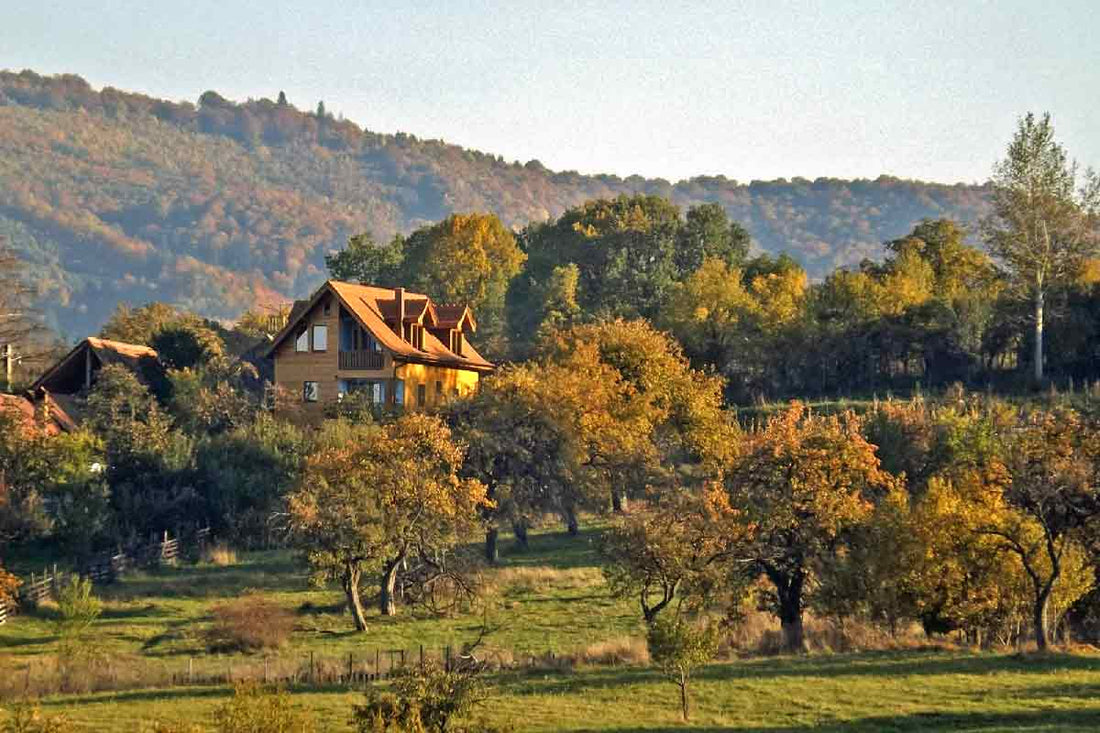
The Eternal Return: How Off-Grid Living Reconnects Us to Tradition Through Technology
Share

In an age of digital saturation and urban congestion, a quiet revolution is taking place—a return to off-grid living that represents neither rejection of modernity nor mere nostalgia for simpler times, but rather a synthesis of ancient wisdom and cutting-edge technology. This movement toward self-sufficient living is emerging simultaneously in the Carpathian Mountains of Romania, the solar-drenched landscapes of Azerbaijan and Iran, and the rural villages of Turkey, where individuals and communities are rediscovering the profound human connection to land, resources, and heritage that defined their ancestors' lives. Rather than representing a complete break with modernity, this contemporary off-grid movement intelligently blends traditional practices with technological innovations to create sustainable living models that offer both energy independence and a deeper sense of purpose.
The growing appeal of this lifestyle is reflected in market trends: according to recent surveys, 54% of consumers in the Asia-Pacific region express willingness to pay a premium for products and brands that demonstrate environmental responsibility, indicating substantial potential for sustainable living adoption across diverse cultures.
This article explores how the revival of off-grid living across mountain and rural communities from the Carpathians to Central Asia is reconnecting people with ancestral practices while simultaneously leveraging technology to enhance quality of life, creating a compelling model for sustainable human existence in the 21st century.
The Modern Off-Grid Movement: Blending Tradition with Technology
The contemporary off-grid movement represents a significant evolution beyond mere historical reenactment. Today's practitioners are selectively integrating traditional knowledge with technological innovations to create homes that offer both autonomy and modern comforts. In Romania's Carpathian Mountains, projects like the "Alpine Tiny House Retreat" combine traditional aesthetics with cutting-edge sustainable technology. These homes feature solar panels disguised as traditional roofing, advanced composting toilets that eliminate water usage, and super-insulation techniques that maintain comfort with minimal energy input—all while preserving the architectural vernacular that harmonizes with the landscape

Renewable Energy Revolution
Across Azerbaijan, Iran, and Turkey, governments and individuals are increasingly turning to renewable energy to achieve energy independence while honoring ecological principles. Azerbaijan has committed to generating 30% of its electricity from renewable sources by 2030, leveraging its abundant solar and wind resources through strategic partnerships with international energy corporations. In Iran, where electricity shortages approach 22% and may reach 37% within a decade, off-grid solar systems offer a compelling solution for rural communities struggling with unreliable grid connections. Turkey has become a solar energy leader with 19.88 GW of installed capacity (ranking 14th globally), demonstrating how national policy can support distributed energy generation that empowers local communities.
